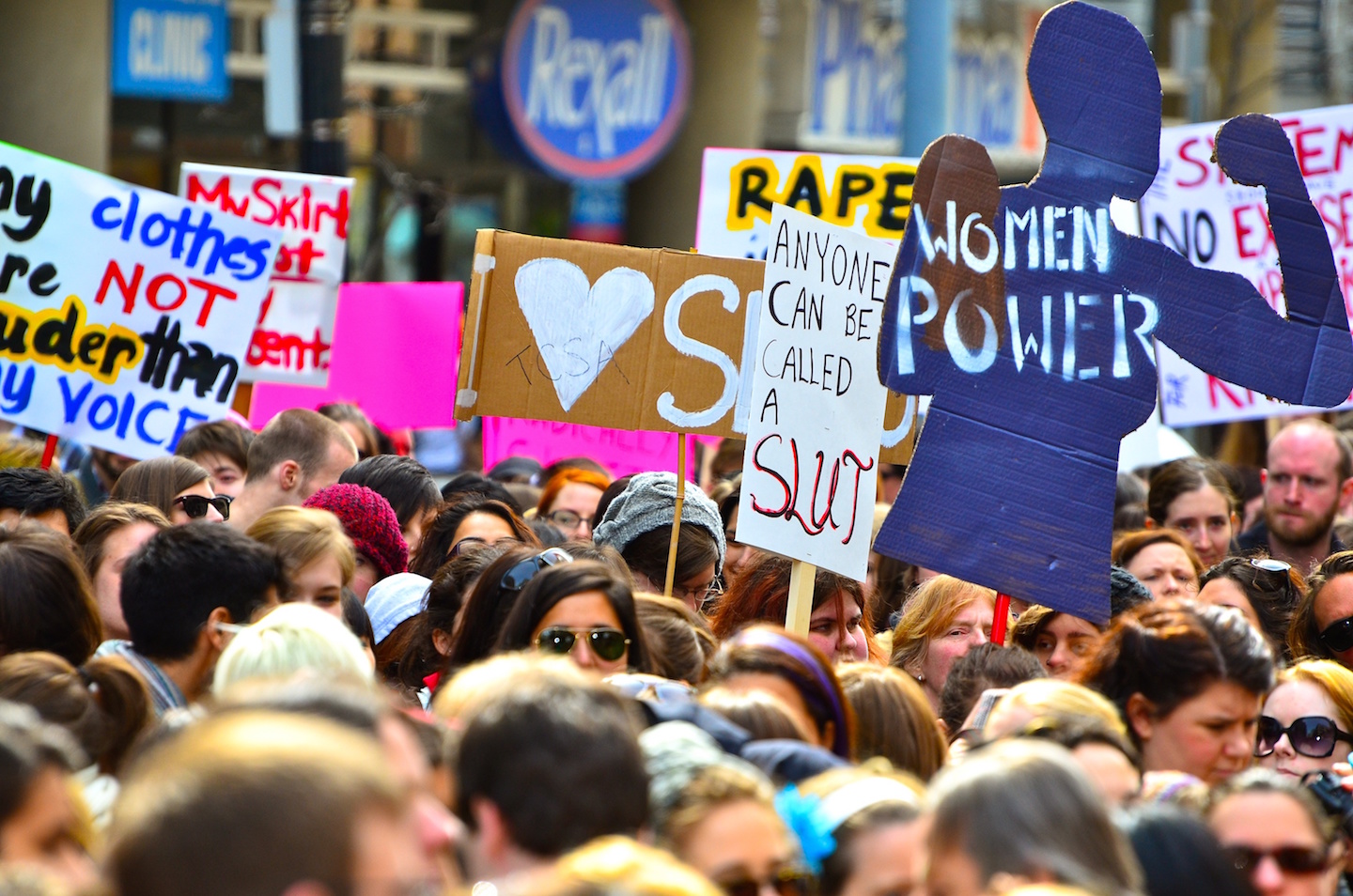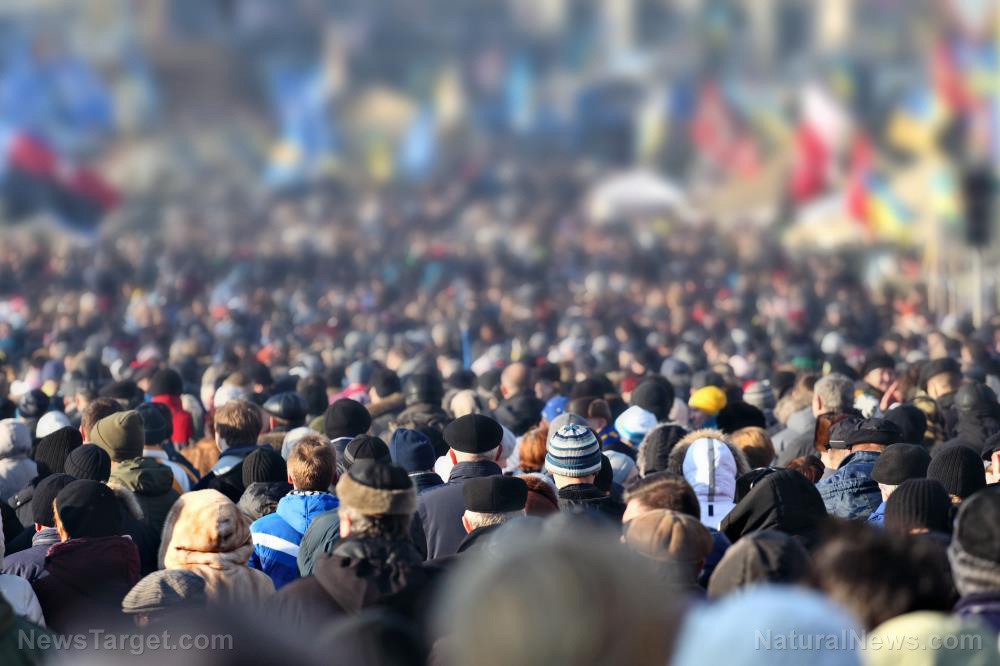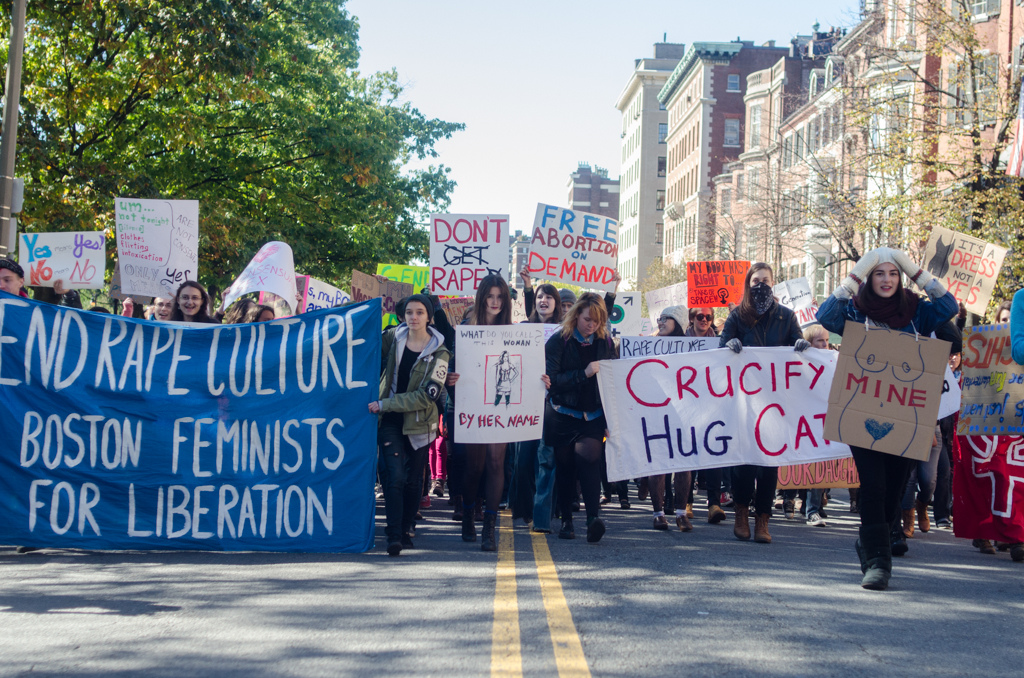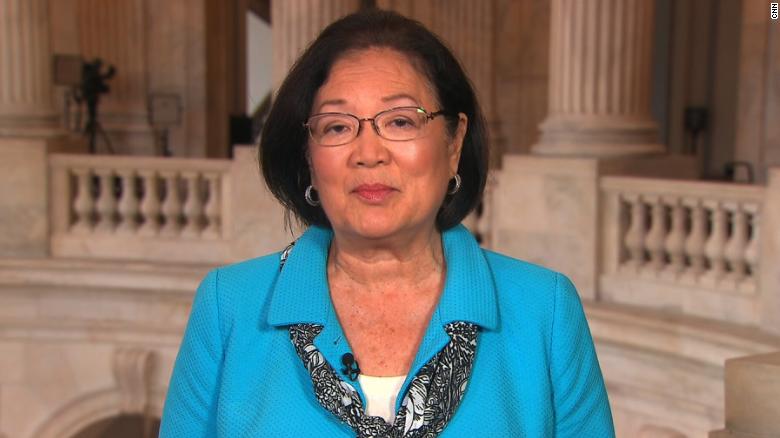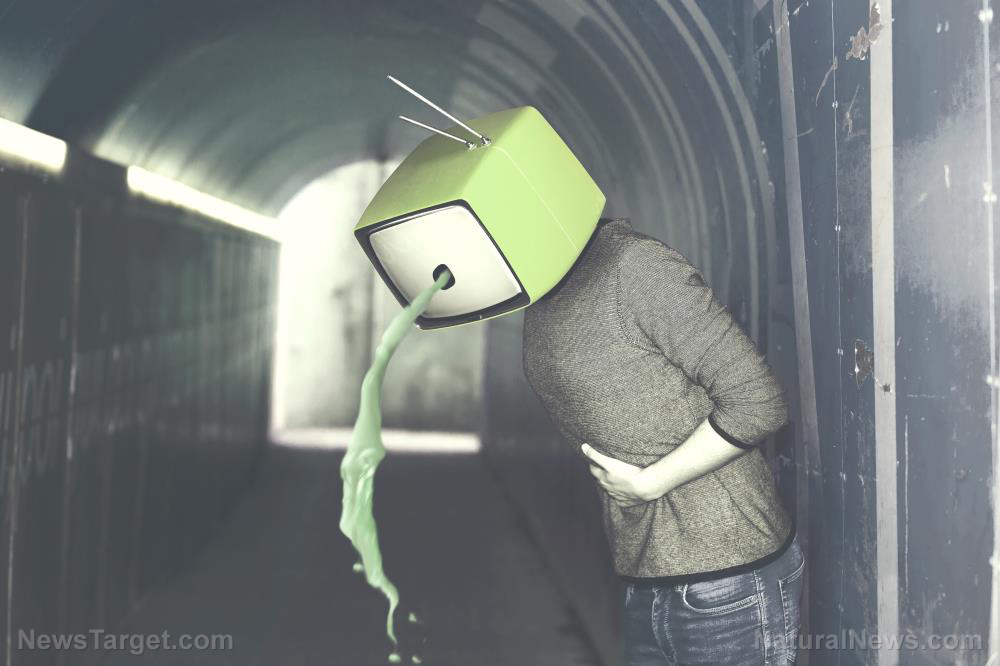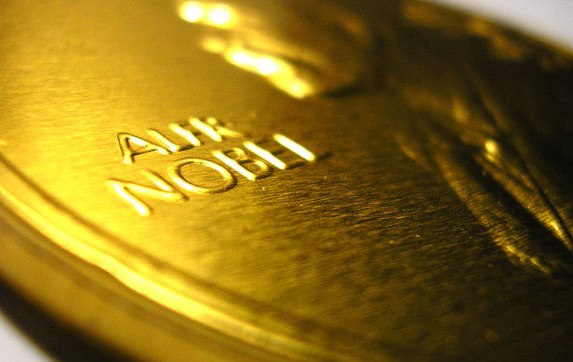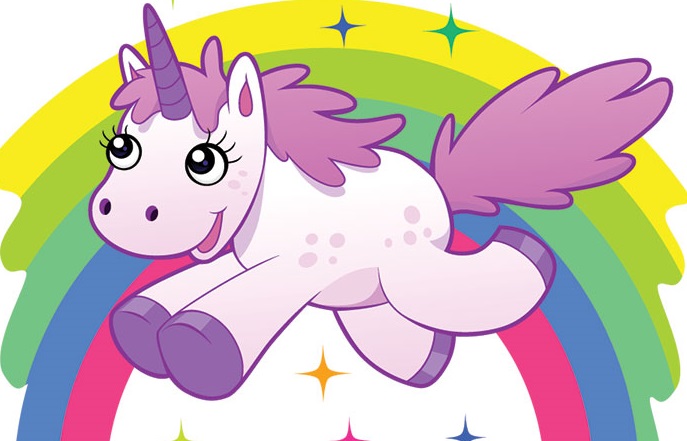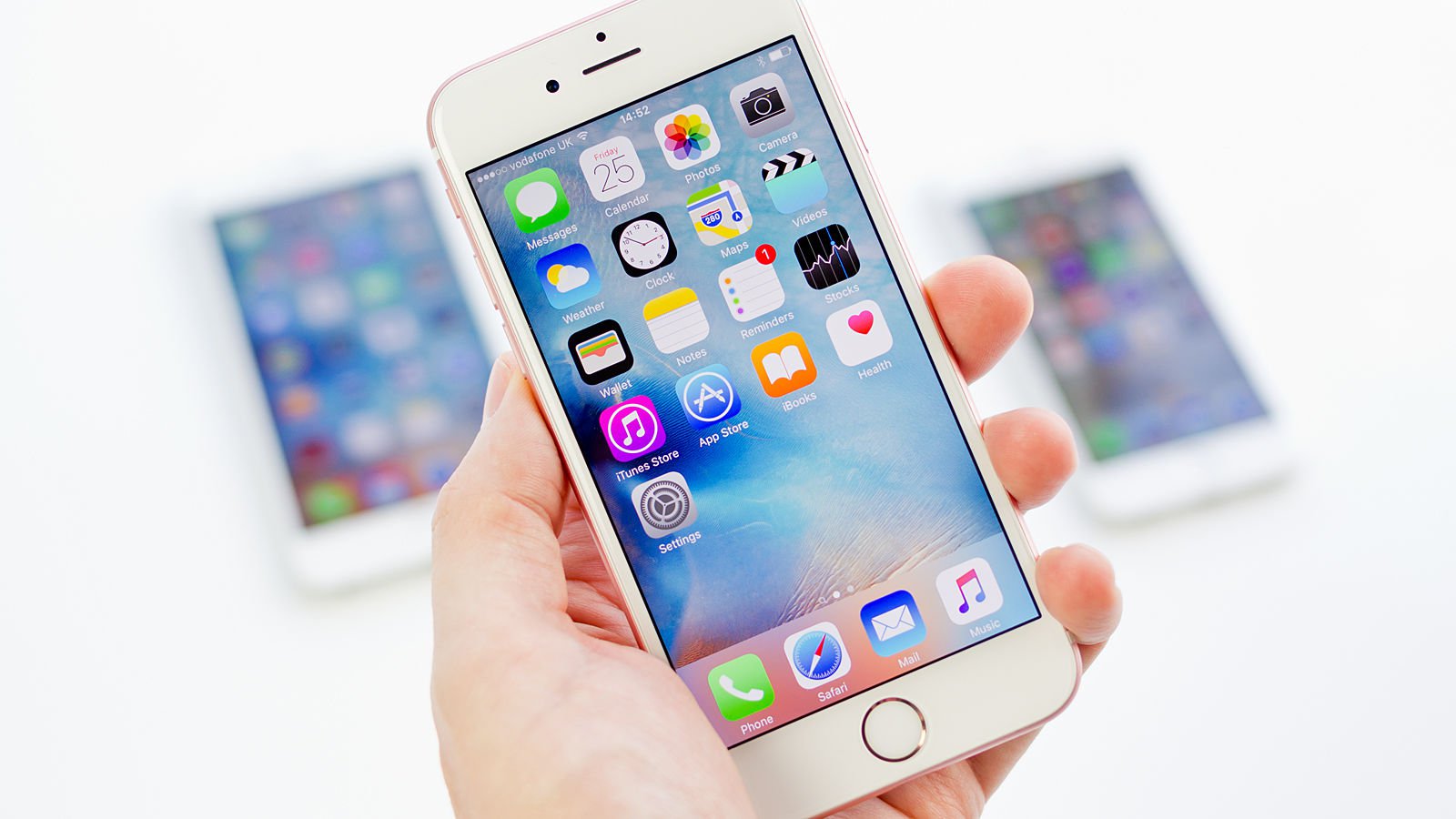What did he think would happen? Man held his nose to stop a sneeze – and blew a hole through the back of his throat; the pressure has to go somewhere
01/26/2018 / By Michelle Simmons
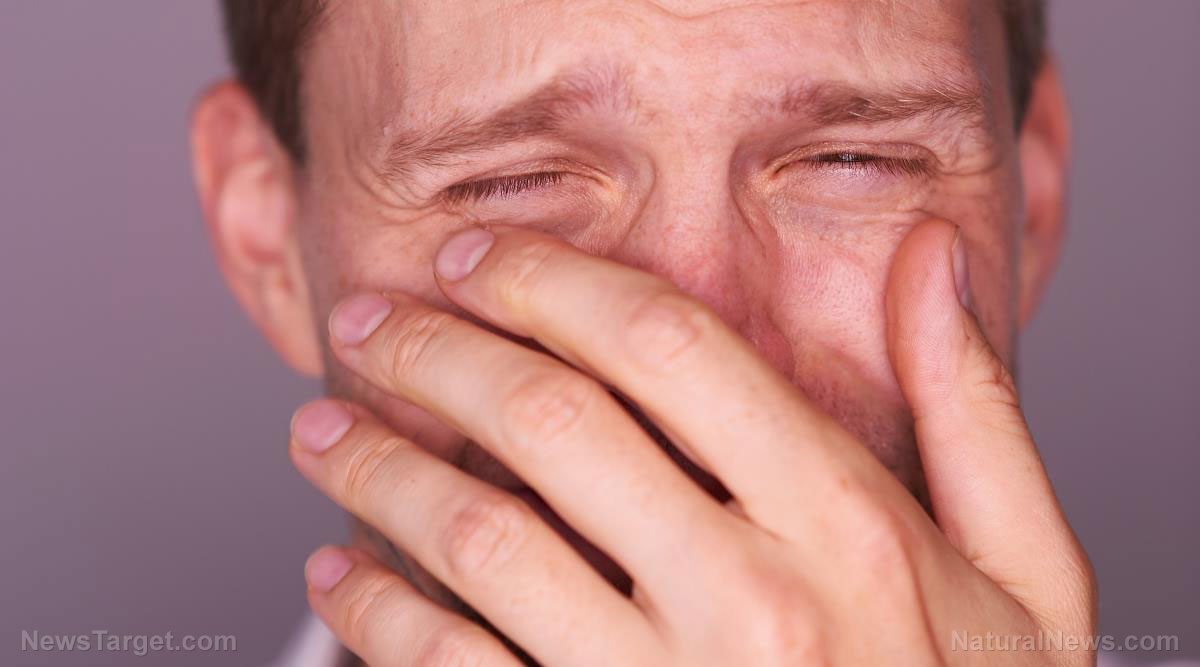
Do not attempt to stop a sneeze by pinching your nose and closing your mouth, or else you may be like the 34-year-old man who blew a hole through the back of his throat when he did just exactly that, according to a report.
Doctors, who wrote the report in the journal BMJ Case Reports, said that the man was in severe pain and was not able to speak or swallow well after the incident. The man also reported a popping sensation in his neck and some inflammation. Doctors heard crackling sounds that started from his neck down to the rib cage, which is an indication that there were air bubbles in the deep tissues and muscles of his chest. Thus, they immediately conducted a CT scan, which verified that the man’s pharynx burst.
Furthermore, the man was kept in hospital for seven days because of the risk of serious complications and had to be fed through a tube. The doctors said that there is a risk of getting a hole at the back of the throat when a sudden increase in pressure is present. This is because the muscles are arranged in only one direction to assist in swallowing.
The doctors from University Hospitals of Leicester NHS Trust, said that the result could have been worse and could have led to death. They explained that stopping a sneeze by blocking the nostrils and mouth is dangerous and should not be done. Doing this may result to a lot of complications, which include pneumomediastinum or air trapped in the chest between the lungs; perforation of tympanic membrane or perforated eardrum; and rupture of a cerebral aneurysm, a potentially deadly bursting of blood vessels in the brain.
Why you can’t stop sneezing
Sneezing or sternutation is one of the body’s defense mechanisms. It is a way of the body to expel unwanted germs that can irritate the nasal passages. Listed below are some reasons why you cannot stop sneezing. (Related: 7 Natural Home Remedies to Relieve Sneezing.)
-
Allergies – Sneezing is usually triggered by irritants such as dust, pollen, and animal dander. In order to remove the particle from the nasal cavity, you need to sneeze. Allergy is most likely the cause of sneezing if it comes with other allergy symptoms like a runny nose, congestion, and itchy eyes.
-
Sinus infections – Allergies and a cold can become sinusitis, which is an infection that causes swelling in the sinuses. Its symptoms include postnasal drip, facial tenderness, coughing, fever, and fatigue. Sinus infections typically last about a week.
-
Medications – Pharmaceutical drugs have a lot of side effects, and some of these drugs cause sneezing, although this is rare.
-
Perfumes – There are certain perfumes that can make you sneeze. This is a type of nonallergic rhinitis, which means the nasal passages become inflamed in response to an irritant, like perfume or strong scents. To prevent this, try using a nasal rinse once or twice everyday.
-
Nasal polyps – Nasal polyps are grayish sac-like growths on the lining of the sinuses which can result to sneezing, stuffiness, a runny nose, and a diminished sense of taste or smell.
-
Pollution – Outdoor pollution, like smog, can cause sneezing because the small particles of pollutants can easily be sucked up into the nasal cavity.
-
Stuffy house – Sneezing can also be triggered when indoor air pollutants stay in the house because there is no good airflow. Proper ventilation and fixing underlying issues like mold will help improve air quality in the house.
Read more stories on other research at Research.news.
Sources include:
Tagged Under: allergies, health advice, health myths, health safety, sneeze, sneezing




